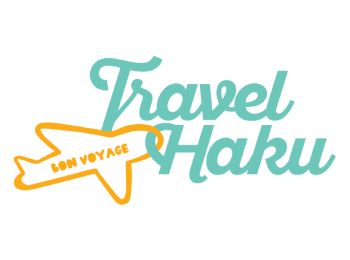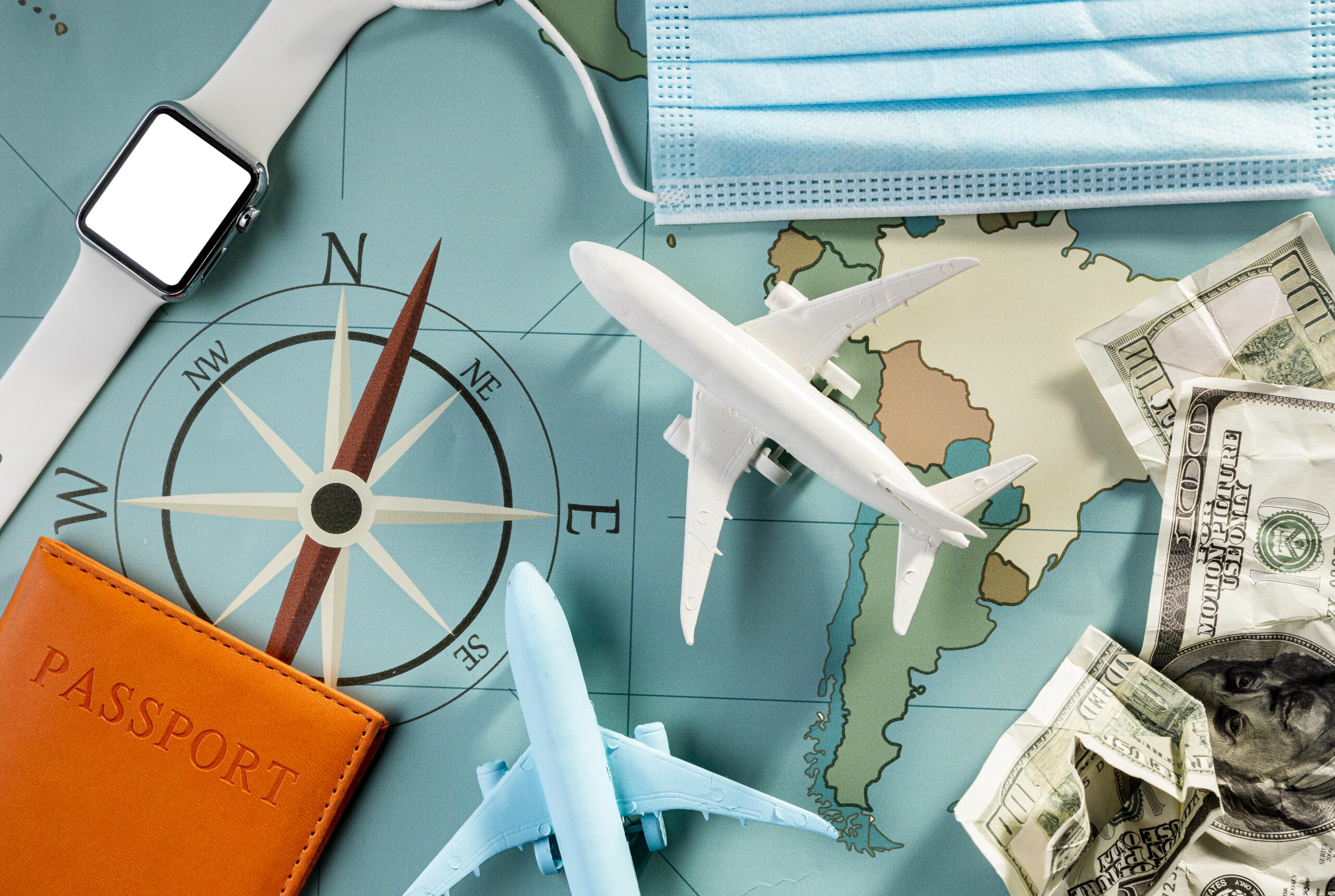Travel myths should be debunked as it allows for a more exciting and eye opening experience for anyone looking to travel. Here are the 5 most commonly misconstrued ideas on travelling.
Travel Myths #1: Opting To Go For Solo Travel Expeditions

One of the biggest misconceptions seems to be that solo travel is unsafe. In reality, solo travel offers the time and freedom for oneself to see the world through his or her own eyes, a reality that empowers so many solo travellers worldwide. Granted, safety is always a valid concern for every traveler and solo travellers can easily take a few precautions that will minimise risks and ensure them of a safe journey.
Research on the destination should be done extensively. The knowledge of the local customs, cultures and perils a person will encounter will be very helpful insights that will go a long way in making them safer. In addition, the solo traveler should stay in well-reviewed lodging and utilise dependable transportation. The interaction with the community through participation in guided tours or local events may further enhance their experience of travel an added layer of security due to local knowledge.
@accesstravelph Applying for a visa? Here are myths vs facts on visa applications. @Angely Dub NOTE: It is always best to do your own research. We recommend working with a trusted and experienced travel agency to process your visa. Access Travel assists with visa applications only when you book a trip with us. We do not provide visa assistance as a standalone service.
Many solo travellers tend to report feelings of empowerment and independence derived from navigating through unfamiliar places by themselves. This in turn may imply personal growth, increased confidence levels and a better understanding of diverse cultures. Support can also be given by social media and travel forums where many travellers share their experiences and advice on how to make solo adventures work. In turn, it needs to be remembered that solo travel does not mean traveling alone. In many cases, solo travellers find travel companions during their journeys and make friends which last for many years.
Overall, every traveler should be careful and plan but such thinking about unsafe solo travel takes away so much from just tremendous experiences. With the right mindset and precautions taken, solo traveling could be a rewarding and safe way to explore the world.
Travel Myths #2: Only Young People Travel

Perhaps the biggest myth of all is the one that keeps people of all ages from traveling the world — travel is for the young. In real life, travel has nothing to do with age. Many seniors have learned about the sheer enjoyment associated with traveling. They are taking advantage of new-found time after retirement or simply enjoying a sense of adventure that was missing earlier. With better access, older adults have a wide range of travel opportunities running from guided tours offering convenience to accommodations placing a premium on comfort and accessibility.
Indeed, many destinations find the older traveller a very valuable customer and offer senior discounts and special experiences that will help make their trips more enjoyable. Besides, the emergence of “workcations” which is working while on travel has also created avenues for all ages to explore new places without necessarily giving up their careers. The assumption that only the young can handle the physical demands of travel is debunked by the fact that many older adults come fit, active and equally eager for a new culture and landscapes.
@sarahhodgson I made ALL these mistakes so you don’t have to 😗 #nyc #newyork #newyorkcity #dosanddonts #travel #tips #tourist #timessquare #foodie #trip #vacation #timessquare #uber #taxi #train #affordable #money #savemoney
Moreover, travel can yield even more valuable mental and emotional dividends such as reduced stress levels and increased happiness which will be all the more treasured as time goes on. Travel serves to solidify relationships across generations through the experiences shared by family members which can create lifelong memories. Increasingly, older adults are traveling solo or in groups proving that the delight of discovery has no real age constraints.
By challenging the assumption that travel is for young people, it enables more travellers to embark on their journeys and, in their turn, give others the opportunity to enhance their lives while encouraging a more inclusive appreciation of travel as a lifelong activity.
Travel Myths #3: Travel Insurance Is Not Required At All

Many tourists operate under a common myth that travel insurance is unnecessary considering that such mishaps never happen to them. This may be a big mistake because once an accident actually happens, huge financial losses and stressors are to be expected. Travel insurance acts as a safety net against such uncontrollable situations that may involve cancellations, medical emergencies, loss of luggage and other types of travel mishaps.
For example, if a tourist were to fall sick or get injured while abroad, the cost of treatment could skyrocket in those countries where healthcare is expensive. The bills that come forth are not light ones and could have easily been covered by a travel insurance policy without much fuss. Moreover, cancellations due to unforeseen circumstances such as natural disasters, personal emergencies or even sudden illnesses, incurred losses on account of non-refundable bookings can also be financially disastrous. Travel insurance does offset some of those risks by providing reimbursement for such expenditure on account of cancellation.
In addition to that, many travellers might think their health insurance will cover them globally, but most of the time, this is just not true. Many private health insurance plans have little to no coverage for overseas travel, placing a traveler in jeopardy in case of an emergency. Moreover, travel insurance may also extend to consultation and assistance services available at any time of day or night. All in all, such claims about the adequacy of not taking out travel insurance is a very risky gamble.
Only with appropriate policies will the traveler be able to enjoy his or her trip, carefree without thinking about all that may go wrong. For this reason, travel insurance should be recognised as an important element in travel rather than as an extra expense that one can easily ignore.
Travel Myths #4: A Lot Of Money Is Required As It Is Expensive

Another famous myth set around traveling is that it tends to be outrageously expensive. People feel that only the rich truly can afford to see new places but that is far from the truth. In fact, travel can be quite inexpensive and available to literally anyone resourceful enough. First, there is the phenomenal rise of budget airlines. Besides, various accommodations ranging from hostels and guesthouses to different home-sharing platforms like Airbnb provide so many variants of affordable options for any budget.
Moreover, travellers can save even more money by adopting alternative modes of travel such as by trains and buses which tend to be less expensive in comparison with flying. Travel in the off-season when flights and accommodations are significantly cheaper and places of interest are not so crowded. Many cities have free or low-cost activities such as hiking, attending local markets or visiting days free to public parks and museums.
Furthermore, the digital nomad trend enables one to combine work with travel — earning an income while seeing new places. Lastly, expenses can be very well minimised if proper budgeting and planning are done by using travel applications for price comparison, searching for deals and availing loyalty programs will help in making the travel cheaper. After all, such ideas as travel being too expensive are just myths which can easily be undone once someone starts doing research and using some creativity, showing that seeing the world is a dream highly possible for everyone regardless of their financial situation.
Travel Myths #5: A Distinct Language Barrier

One of the biggest myths surrounding travel is a language barrier issue that makes navigating foreign countries effectively impossible. Many people who are thinking about traveling are worried that not speaking a country’s native language will make communication, connections or even real experiences of the place impossible. That is easily not true. The world today is interlinked — an increasing number of people speak English and most countries are becoming more tourist-friendly.
With the emergence of technology, this possibility of communication is more readily available than ever. Translation apps such as Google Translate enable tourists to quickly translate text or even converse in real time with people of any other language, tearing down barriers unimaginable earlier. Gestures, body language and visuals can also help break barriers in communication quite efficiently, allowing tourists to interact and speak with natives and plunge deep into their culture. In fact, many tourists felt that a communication gap due to a language barrier creates certain situations that are unique and enriching experiences for them, bringing forth creative ways of communicating and building bonds with people they come across.
@findingfaarah Replying to @ainaa heres my top recommendations for first time solo travelers with budget less than MYR 1,500 ✨ #solotravel #tiktoktravel #sapa #sapavietnam #phuquoc #phuquocisland #hochiminhcity #padangindonesia #bukittinggi #fyp
♬ original sound – The Macarons Project – The Macarons Project
Also, locals appreciate the effort of travellers in trying to communicate with them even if it is just a few simple phrases, an attempt at pronunciation and so make them welcome. Instead of approaching foreign languages as a considerable barrier, travellers should look at them for the adventure opportunities and cultural exchange they are.
This is fundamentally a myth — one has to be fluent in the local language to enjoy their travel. A myth that alone may keep people from seeing the world. With the right tools at hand and an open mindset, anyone can go through foreign land and thus create meaningful memories that prove the joys of travel transcend any linguistic challenges.




